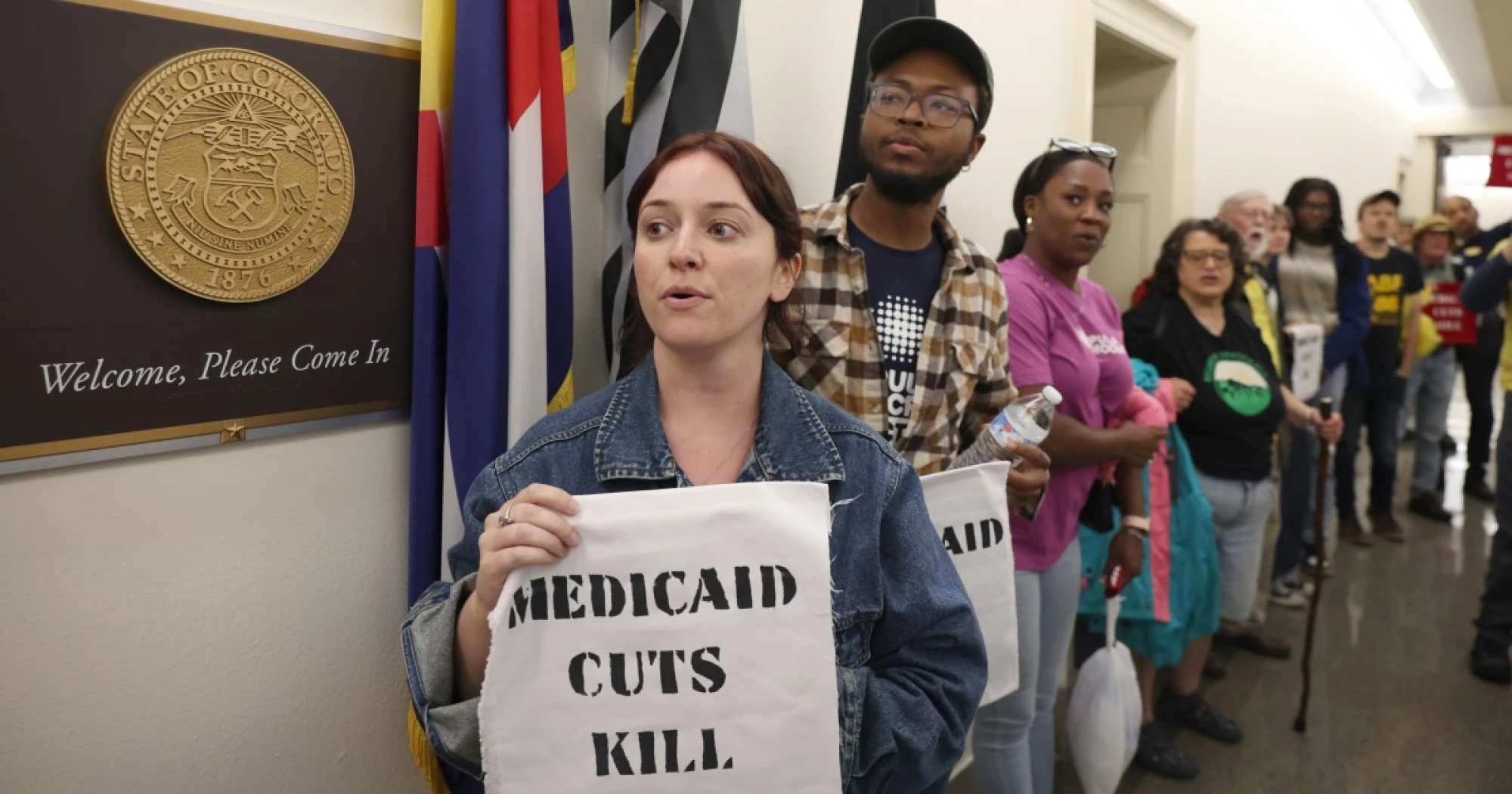How the Senate’s proposed Medicaid cuts could deepen the rural hospital crisis

Rural hospitals across the U.S. — many already hanging by a thread — could take a serious hit if a proposed Medicaid cut in the Senate’s domestic spending bill is signed into law
Rural hospitals across the U.S. — many already hanging by a thread — could take a serious hit if a proposed Medicaid cut in the Senate’s domestic spending bill is signed into law.
The provision, outlined in the 549-page bill released by the Senate Finance Committee on Monday, would gradually limit states’ use of Medicaid’s so-called provider tax.
Medicaid is jointly funded by the federal government and states. States cover the upfront cost of care and then are reimbursed by the federal government for at least 50%.
The provider tax is a state-imposed fee on hospitals and other health care providers to help fund a state’s share of the Medicaid program. When states use provider funds to boost their Medicaid spending, the federal government gives them more money because it's required to match it.
The tax must apply to all providers within a class — so if a state wants to tax hospitals, it must include all licensed hospitals. Most states have multiple provider taxes, including taxes for nursing facilities and ambulance services, said Edwin Park, a research professor at the Georgetown University McCourt School of Public Policy who focuses primarily on Medicaid.
Rating: 5